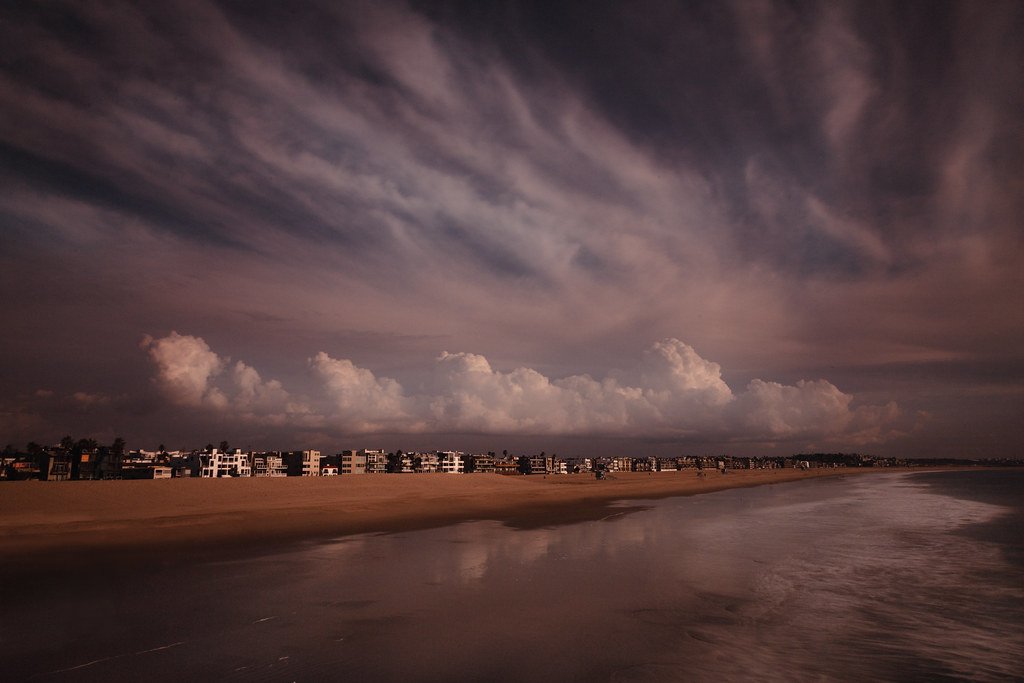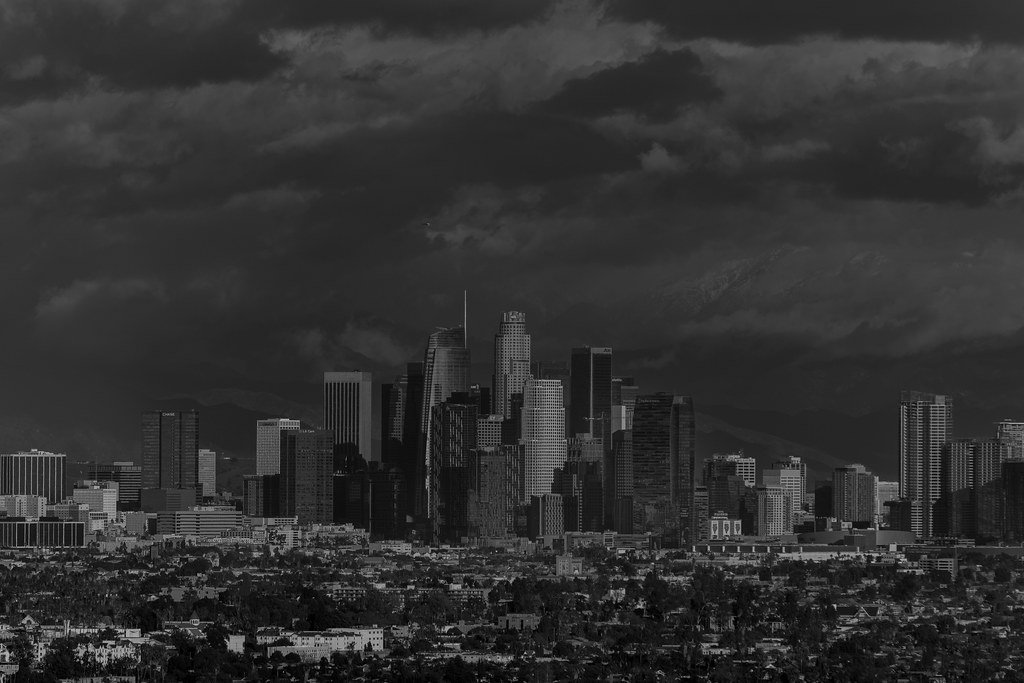


Photographers - like many other creatives - must stay busy (taking and making photos) if they’re to legitimately refer to themselves as photographers. Despite the time requirements of being in the studio or on location and editing all of those photos, there are plenty of OTHER things to do when you’re running a small photography business that don’t involve a camera at all. One of the ways photographers stay busy is to write about photography in order to communicate their technical expertise and personality or to share details of upcoming events or past shoots with potential and/or existing customers.
As with many facets of modern work since the dawn of the industrial age, technology threatens to upend the work dynamic by doing things cheaper, faster, and more precisely than humans could ever hope to do. Creative work is not immune to these threats. The latest affront in this robot/human culture war is the pressure that artificial intelligence (AI) generated art, video, photos, & text places on human creativity.
I have seen many examples of AI generated photos and video, but until very recently, I had not read any text that was overtly described as AI-generated. So .. being a curious person (because who isn’t really), I spent some time looking at one of the currently leading AI text generators - Chat GPT - to see if the hype matched the reality. Spoiler alert: I was quite surprised ... surprised enough that I decided to perform a little experiment.
As of this writing (January 20, 2023), I have posted 26 photography-related blog articles on my website - 25 of which I wrote wholly and completely, with one recently written by ChatGPT. I’m now starting to “cross publish” those same articles on LinkedIn and (to a much lesser degree) Facebook. These articles are simply designed to elevate my name and work to people who may be in the market for event, portrait, and headshot photography services.
As of this writing, I have published five of those blog articles to LinkedIn. Four of them were written by me; one was written by ChatGPT. I get very little engagement for these articles, but from what I have received, it seems clear that - prior to me coming clean here - no one noticed the difference between the ChatGPT article and my articles. Hmmm …
Once I finished my comparison test, I began to think about (and then read about) some of the potential downsides of AI-generated text. One immediate concern is from educators who ask their students to (as an example) write homework essays (such as a comparison/contrast between the Boxer Rebellion and the French Revolution). (I did and learned a thing or two.) Educators are rightly concerned that basic essay requirements will be completely upended by students who have zero qualms about tasking AI engines to do their work for them. How can educators plan and correct for those inevitable tendencies?
So … I did a little bit of additional research and discovered GPTZero.me – a new application that is designed to identify AI-generated text in the same manner as plagiarism checks are designed to find excessive copying and pasting from existing work by students into their schoolwork. I decided to perform yet another test. I wanted to see if current software is able to determine which blocks of text are human generated versus which are AI-generated.
So … I fed two of my photography blog articles into GPTZero.me: one was the first blog article I wrote for my business website. The second was the article I referenced above that ChatGPT wrote for me.
Sure enough … GPTZero.me correctly identified which of my articles was written by ChatGPT and which was written by me. It apparently did so by comparing the articles via a “perplexity” scale that (according to the developers) is a measure of sentence randomness, variability, complexity, and “burstiness.” My article was granted an average sentence perplexity score of 571 while the ChatGPT-sourced article was given a perplexity score of 38. Neither article contained any photography theory or technical language and only contained easy-to-understand thoughts on photography in general (my article) and basic definitions of headshot photography (ChatGPT article). If this test is any indication, it seems that the arms race that is AI-generated writing versus AI-generated writing identification is already firmly in place.
To be clear … I’m not saying that my writing is high art. Although I do know how to conjugate a verb and have written professionally as a speechwriter in the past, I have been guilty of writing run-on sentences and probably use ellipses entirely too often. My current subject matter isn’t for everyone and I’m not writing about anything that hasn’t been written about a million times already. At the end of the day however, the material is mine and I’m happy that I took the time to write it.
Thankfully, I don’t make my living writing any longer, so you’ll pardon me if I occasionally slip a blog post written by ChatGPT into my posting schedule. Upon reflection, if the idea of a blog post/article is to convey easily digestible thoughts and ideas to someone who is already interested in the subject, then perhaps the notion of AI-generated text isn’t so bad. Perhaps that is the thing that we need to worry the most about regarding AI-generated text.
I personally enjoy writing and know that it helps to challenge the mind much in the same manner as physical exercise challenges the body. In the past, if I’ve been short on time or running up against a deadline (self-imposed or otherwise), I have been known to “phone it in.” Now … I may not have to. Now … all I may need to do is think of a subject or concept and ask ChatGPT (or one of its likely many successors) to write an article for me. A quick read of the results, followed by some minor edits that allow my “style” to filter in a bit would produce an acceptable product well in time for my deadline. "Easy peezy, lemon-squeezy" as Michael Caine would say.
Granted … there are many other concerns surrounding AI-generated text, but that’s another story for another day for others who are smarter and have a much more nuanced understanding of the landscape than me.
In fact … I wonder what ChatGPT itself thinks about the dangers of AI-generated text?
